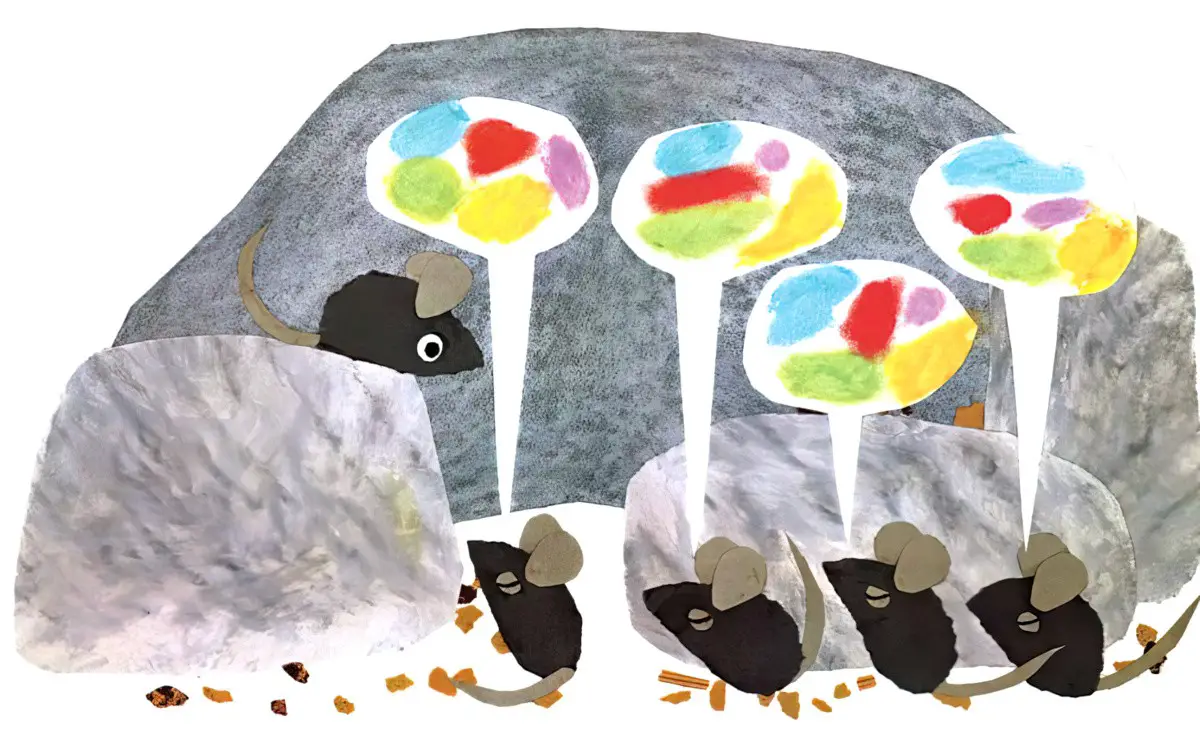Any sort of close reading of a picture book turns the reader into a semiotician, points out Perry Nodelman in his essay Decoding The Images: How Picturebooks Work.
I have been literate in the former sense since I was 6. As for the latter, I still struggle. Hit me with subtitles, for example, and I read the movie instead of watching it. Likewise when faced with a graphic novel, I read the dialog, wonder why I don’t understand what’s going on, then remember — oh, yeah! — to go back and look at the pictures.
From reading online reviews, I know there are still parents who disparage picturebooks that have few words, or who assume those books are only for the youngest children. Extrapolating, I suspect these same adults believe graphic novels are mere comic books, a lower art form than stories told exclusively in words.
I offer my own failings in visual literacy as evidence to the contrary.
A graphic novel is experienced, not just read, and the full experience requires developing important powers of observation, concentration and aesthetic appreciation. Like reading, these skills have the capacity to enrich one’s life immeasurably.
from Graphic Novels Aren’t Just Picturebooks Anymore at Centredaily, in which the headline manages to condescend to the medium of picturebooks while its contents, in contrast, elevate pictures to heroic status in one of the most mismatched headlines I’ve seen yet.
I believe we are still some way off understanding many of the picturebook’s most significant features. Even though we are experienced readers of verbal text we are still learning how to read the picturebook, both in the sense of reading individual books, and in the sense of understanding how they work. … We now take sophisticated combinations of word and image in books, magazines and advertising for granted but it is only relatively recently that printing technology has permitted this creative freedom.
Reading Contemporary Picturebooks by David Lewis
Young people need to understand that not all images are out there to be consumed like, you know, fast food and then forgotten. We need to educate them to understand the difference between moving images that engage their humanity and their intelligence, and moving images that are just selling them something.
Martin Scorsese, film director
I love wordless books because you can change the story just a bit every time you tell it.
a student, quoted by @LanguageofLiteracy
See also
Top Ten Wordless Picturebooks from The Nerdy Book Club
Picture books DO boost literacy: It doesn’t matter what you read to your children as long they are interested in the story from The Daily Mail
Tips For Reading Wordless Picturebooks from What Do We Do All Day?
Header illustration by Leo Lionni.

